|
Light your candles tonight for the Light is coming. Christmas decorations come down in our house after Epiphany on January 6th, but the candles in our windows remain through February 2nd. Most may know February 2nd as Groundhog Day yet in the Christian tradition, it is Candlemas. Before Candlemas, ancient religions recognized this time as the midpoint of Winter and celebrated rituals in anticipation of the return of the light. These ancient peoples celebrated the bear leaving his den to see if Spring was in the air. Candlemas replaced the “Cult of the Bear” rituals, becoming one of the oldest Christian festivals, originating in 4th century Jerusalem. Forty days after Christmas, this Feast of the Presentation, celebrates Jesus being presented at the temple 40 days after his birth. In Luke 2, we read of the holy family meeting an old man and woman in the temple. Simeon and Anna, faithful to God, recognized Jesus as the "light for revelation." They had been waiting and praying, hoping to witness the arrival of the Light. Upon seeing him, they gave thanks for this Light that had now come into the world. Rhythms of nature and rituals of ancient peoples combined when German Christians used to say if badgers saw their shadow on Candlemas Day there would be more Winter. Sound familiar? As Germans moved to the United States, the badger was replaced by the groundhog. Whether literal or metaphorical, we all long for the return of the light after a long, dark Winter. The story of Jesus and these age-old celebrations remind us that, sooner or later, the Light will come again. May you light your candle in hope of this (& your) resurrection. By the end of December, I was exhausted. The joy of journeying with the first cohort in Wisdom Tree Collective's School of Spiritual Direction (more about that next month!), was overshadowed by a deep weariness. And I was dragging..
My repeated tries to get away for a few days of rest and relaxation?--thwarted! So, I took a vacation from social media and spent a little time listening to my life (and body). What I discovered was over-commitment and way too high of self-imposed expectations for any mere mortal. You may know this feeling well. I did not simply need a week away from my everyday life, I needed to change the rhythm of my life every day! That became (and is) my prayer this month: to return to the "unforced rhythms of grace" that Jesus speaks of in Matthew 11. With that prayer has come the awareness of how I'm out-of-rhythm:
Such self-awareness can leave me feeling overwhelmed. Creating space or learning anew seems like another responsibility. A spiritual practice that helps soften the hardness and let go of the heaviness in the moment is writing haiku, a 17 syllable, separated into 5/7/5, poem. Here are two of the six I wrote last week: When too many words Are swirling within your brain Pour them out in ink Come, laugh a little Release the seriousness Everyone needs play These simple poems helped me focus my overwhelming feelings into three simple lines revealing my soul's wisdom for the present: Pause, write and play. Others revealed practical ways of shifting energy and attention, letting go and opening up. Space was being created in me! This allowed me to see the gifts being offered, like a friend suggesting a children's book on breathing (scroll down to learn more). Maybe haiku is something for you, too. It reminds me of Jesus' invitation to become like a child (especially when struggling under the weight of being an adult)! With darkness falling earlier, I have looked forward to the growing number of lights as I drive through my neighborhood. The display increases with each passing day!
Childlikeness, anticipation, playfulness, joy, and magic are part of the season. So is pressure, overstimulation, exhaustion, loneliness, anger, and grief. Some years it is more one than the other, isn’t it? Other times it is a mix. The good news is that God is with us (& found) in both—moments that look & feel light and those that look & feel dark. Said the Psalmist (139): 11 If I say, “Surely the darkness will hide me and the light become night around me,” 12 even the darkness will not be dark to you; the night will shine like the day, for darkness is as light to you. Our culture does a good job celebrating God in the light, but rarely guides us to discover God in the dark, especially during Christmastime. For some, the idea of God seeing us in the dark inspires more fear than comfort! However, the Psalmist is extolling the wonder of being seen by God, even when he cannot "see" God. When all is dark around us, God is still there, within and without. Do you have the inner eyes to see (& receive comfort)? Perhaps it is time to let yourself befriend the darkness or rather let yourself be befriended in the dark.
 Photo by Damian Siodłak on Unsplash Photo by Damian Siodłak on Unsplash Choices can be difficult. Wanting to make the perfect one, I can struggle with “buyer’s remorse.” It can be about a purchase or any decision I have made or need to make (especially if others are concerned). Did I take enough time to make the best choice? What if I didn’t? Was I right? Was I wrong? I will replay the options. Especially if my choice does not please others, I will replay it even more. Sometimes it can become compulsive, stuck on a loop in my brain. We all have experienced the stress that comes from obsessive over-thinking. Over the years, I have tried a variety of ways to “throw a stick in the spokes” and stop the constant thought-cycle. The practice of Centering Prayer has been one thing that, gradually, has made a difference. Centering Prayer can be a challenge as one gets to discover all the places the unruly mind wants to wander instead of stay in the present (it is certainly not interested if the present has feelings it doesn’t want to feel!). As I have grown in acceptance of the brain’s (sometimes bizarre) escapades to do anything but feel reality and rest in God, I have grown in awareness of when I am joining its invitations to run away to the circus of compulsivity. Here are two simple ways of returning home:
The keys to both are patience and gentleness (two indicators or “fruits” of the Holy Spirit as described in Galatians 5:22-23). It may take a while, but with gentle persistence old compulsive paths will be less and less traveled. And relief will rise with your every return to the pathways of peace. Or maybe both.
Whatever length, from 90 minutes to 4 days, I always offer these words at the beginning of a silent retreat: "Some of you have come here to rest, some to wrestle. You will probably end up doing both and both are holy." Many people think the purpose of a retreat, especially a silent one, is to rest. And that's true...but sometimes what brings rest doesn't feel like it at first. The pace of life can leave little time to slow down or stop for a while. A silent retreat offers one an opportunity to do just that...there's nothing one has to do. There is no food to prepare, no lawn or children to take care of, no work-related tasks that need to be done...ah freedom! Slow walks, naps, sitting by a pond, taking time while eating, these can be a welcome change of pace. But the pace of life can also leave little time to tend to feelings of grief and anger. A silent retreat offers on an opportunity to do just that...there's plenty of space in your schedule to welcome what has not had time (or permission) to surface. For those who have been in survival-mode from one day to the next, whatever the cause, a cleansing cry may bring the kind of rest most needed. A prayer walk or talking to a spiritual director about one's anger rather than continuing to hold it in may bring the freedom most desired. And where better to wrestle than a safe, quiet, and beautiful place of prayer?! One retreatant pointed out how the word "rest" is found within the word "wrestle." Fascinating. We do not need to fear wrestling, for within it we find rest! Is it time for you to come away to a quiet place by yourself to rest and wrestle? I've got an opportunity for you! A couple of rooms have become available for October 28-31, at Saint Meinrad Archabbey in St. Meinrad, IN. Scholarships are available. Register here. "Make Me an Instrument of Your Peace" is this silent retreat's theme. And peace may just begin with some wrestling!  Photo by Jacqueline Martinez on Unsplash Photo by Jacqueline Martinez on Unsplash There are those poems and prayers that one returns to again and again. This is one of those for me. Patient Trust was written by Pierre Teilhard de Chardin, a Jesuit biologist, philosopher, and paleontologist. Paleontology is the study of ancient life and its changes through the fossil record. Fossils take a long time to form. The processes Chardin observed in nature, he also observed in the soul. Let's not forget that we, too, are part of nature! And the Earth has wisdom to share with us who are often hurried and harried. Patient Trust Above all, trust in the slow work of God. We are quite naturally impatient in everything to reach the end without delay. We should like to skip the intermediate stages. We are impatient of being on the way to something unknown, something new. And yet it is the law of all progress that it is made by passing through some stages of instability-- and that it may take a very long time. And so I think it is with you. your ideas mature gradually—let them grow, let them shape themselves without undue haste. Don’t try to force them on, as though you could be today what time (that is to say, grace and circumstances acting on your own good will) will make of you tomorrow. Only God could say what this new spirit gradually forming within you will be. Give our Lord the benefit of believing that his hand is leading you, and accept the anxiety of feeling yourself in suspense and incomplete. -Pierre Teilhard de Chardin, 1881-1955, French Jesuit, paleontologist, biologist, and philosopher. Found in Hearts on Fire: Praying with Jesuits, p. 102-103. ________________________________
Live with this poem-prayer for an extended amount of time. Notice if you are drawn to the same word or phrase or different ones. What is Patient Trust's impact on you? Do you detect any soul shifts (even if subtle)? Our life experiences color the lenses through which we see the world, including words! When seeing the words “simplicity” and “settling,” my friend, Norman, could not help but reflect on his work-life. Having been in the military, then working internationally and later on in ministry with an itinerant system, his life was anything but simple or settled! Upon deeper reflection, he saw the positive sides, or wisdom, in both words. He offered me a quote from Dietrich Bonhoeffer to explain (I'm including a longer version of it for context): “A man can hold his own here only if he can combine simplicity with wisdom…To be simple is to fix one’s eye solely on the simple truth of God at a time when all concepts are being confused, distorted and turned upside down…The wise man is the one who sees reality as it is, and who sees into the depths of things. That is why only that man is wise who sees reality in God…There is no true simplicity without wisdom and there is no wisdom without simplicity.” Within this quote I, too, saw wisdom in both “simplicity” and “settling.”
And I was reminded of the Benedictine vow of “stability.” There’s a literal vow of stability for the Catholic men and women who commit to enter into, and be faithful to, a particular community in a particular place. It is fascinating to hear the stories of those who have been in a particular monastery for 40 years or more. However, this literal vow to a place may be an impossibility for many of us as it was for Norman during his working years (though it is much more of a possibility during his retirement years!). There is also a metaphorical or figurative vow of stability which is remaining focused on the Kingdom of God or what Bonhoeffer calls the “simple truth of God” wherever one finds oneself. This does not mean ceasing to question or doubt, both of these can deepen faith (as working through questions and doubts in a marriage can deepen the relationship). In fact, settling our eye on the simple truth of God frees us to question and doubt! One could say that "settling" in this context invites one's gaze to "rest and remain" on God. So for Norman (& for us), “settling” does not have to be a negative word meaning a life-draining “giving up” or “resignation” and “simplicity” is not something that only occurs in retirement! Instead, both can be the foundation for a creative life with God as we allow ourselves to see “reality as it is” by diving deeper into “simplicity” and “settling” as ways of Wisdom. ____________________________ Spiritual Direction is a wonderful place to explore "simplicity" and "settling" in your own life.  Photo by Mariana Beltrán on Unsplash Photo by Mariana Beltrán on Unsplash I asked my dear friend, Linda, what she thought the difference between "simplicity" and "settling" were and her answer surprised me. "Simplicity asks, 'What do you truly want?''" She went on, "With settling, I may settle for what I don't want and since it's not what I want, I keep looking for it.'" Then she shared an example from her own life. Many years ago, a woman asked if she wanted a certain set of dishes for her wedding and if she did, this woman would buy them for her. She really did not want them, but she felt uncomfortable saying "no" so she received them as a wedding gift. Since she had them and could get more pieces to match, she expanded her collection of dishes she did not want but settled for. But she noticed something. Whenever she was at a store that sold dishes, she looked at the patterns. Years of time and energy were spent on looking for dishes when she already had a full set! Her longing was left unsatisfied because she had settled so many years ago, afraid of offending the gift-giver. Now having retired, she decided it was not too late and she knew what she wanted. Much to the surprise of her family (who never knew she did not like the dishes!), she decided to box up her collection and put them for sale on a neighborhood social media site . Then she went out and bought the dishes she truly wanted, a beautiful butterfly pattern. Another woman happened to see the dishes she had for sale and was overjoyed for she had been looking for those exact dishes because they reminded her of her mother! Both were full of joy and satisfied with their purchases. Guess what happened after that? My friend stopped looking for dishes! We went on to talk about how we tend to buy things that are only on sale or we get what is cheap because we can have "more" of the item. Sometimes this is okay, but when it becomes a pattern, our collection of unwanted, unused stuff grows along with our dissatisfaction which compares and wants more. What do you truly want? It can be a difficult question. We need to stop and think rather than compulsively or fearfully say "yes" to what we do not want (or allowing others to decide for us or think we should want what others have). Jesus often asked people like blind Bartimaeus, "What do you want me to do for you?" It's not that Jesus could not see what Bartimaeus wanted, He wanted Bartimaeus to "see" and say for himself! It is a simple question. Yet answering honestly may just simplify the amount of internal and external stuff that becomes a burden--now that's a gift!  Photo by Jess @ Harper Sunday on Unsplash Photo by Jess @ Harper Sunday on Unsplash It’s what the old Shaker song says, at least! In fact, some lyrics say 'tis "the” rather than “a” gift to be simple. But nothing seems simple anymore. We live in a world of information (and misinformation!) at our fingertips. We're bombarded by choice at the grocery store and online. Constant comparison is exacerbated through social media. And stores like HomeGoods, Tuesday Morning, Ross, Overstock.com, Lowe's, Home Depot, and others are happy to feed our "more and better" obsession. "Complex" is more apt to describe our times rather than "simple." This is not necessarily a bad thing, it may be important to look at the complexities at work under the surface, rather than oversimplify an issue or situation (or even a person or group of people!). So in our cultural context, what is the gift of simplicity? And if we do discover it to be a gift, how do we go about receiving it? I began to return to simplicity in my blog last week, but I want to explore this question over the next few weeks as I glean from others' insights and experiences. Maybe you have some wisdom to share with me as well (my daughter sure did)! On a walk with my young teen earlier this week, I asked her, “What is the difference between simplicity and settling?” “I think it has to do with what changes,” she replied. She went on, “There can be all kinds of changes on the outside. But when a person settles, there’s no change on the inside.” “So for you, simplicity is a gift or practice that changes us…how interesting! And, would you say that simplicity helps us deal with the changes on the outside of us?” “Yes, I mean, that makes sense to me.” “What a good perspective! I’m going to be thinking about simplicity and change for a while.” _________________________________ What does the dance between simplicity & change offer you? I am invited to continue exploring simplicity as both a gift and a practice that offers deep change—peace and inner transformation. Simplicity may change me by changing the way I view “all the things.” Perhaps it gives the gift of discerning eyes when faced with a storm of choice and change! 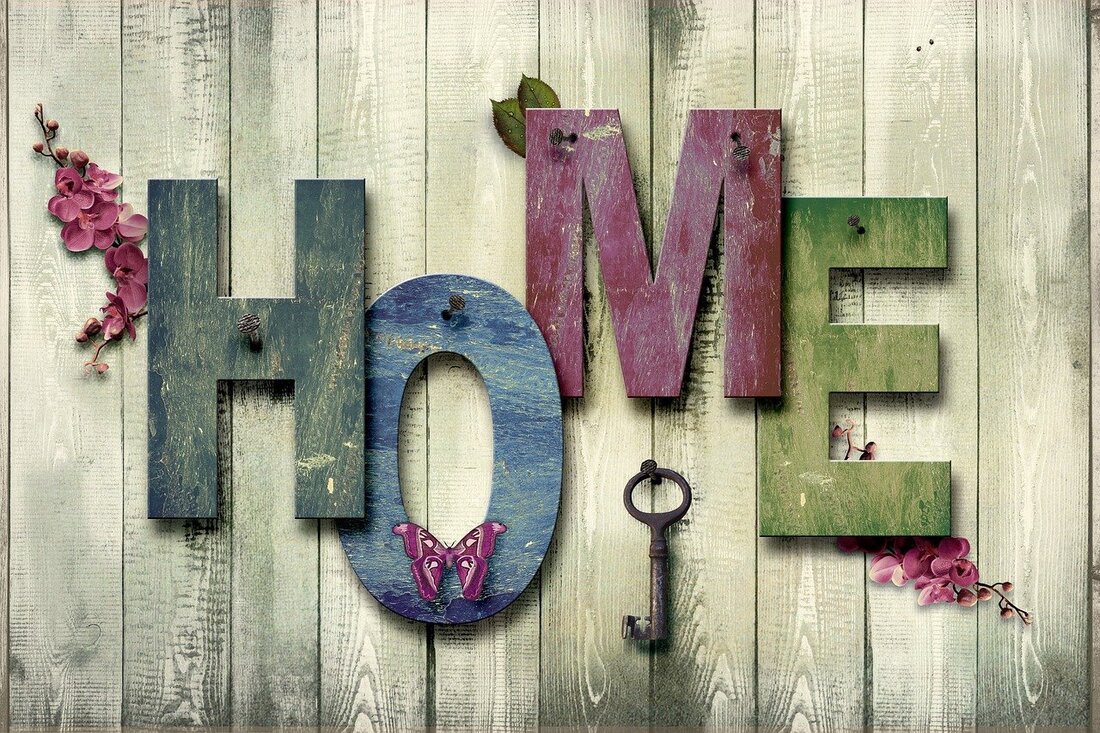 Do you feel safe in your own body? Do you feel at home? Embodied spirituality is spirituality with skin on. After all, any kind of experience we have, spiritual or otherwise, is because we exist within these bodies of ours! An authentic spirituality is one in which we tend to both the inner and outer world. Our body is tended to as part of the whole where spirituality and physicality are intertwined. We see this gift and mystery of incarnation in John 1:14, “The Word became flesh and dwelt among us.” Several thousand years before these words were penned, the Hebrew Bible spoke of the “nephesh” or “soul.” Rather than the Platonic idea of something that is separate from the body, "soul" in the Hebrew language indicated a unified, living, breathing physical being (so “soul” is not something we have, but something we are!). Viewed this way, our thoughts about and tending to our bodies can (and need to) be part of our spiritual practice. Our bodies can also tend to us by offering wisdom and guidance. As I participated in the spontaneity of Authentic Movement one day, my right hand effortlessly went to my heart while my left hand went to my back. I stood there for a moment, wondering what was being communicated to me. It took a few minutes for my rational mind to catch the meaning and make it conscious: “Support your heart” was my body’s message to me. This led me to purposely engage some heart-opening stretches and heart-grounding exercises. The message still stayed with me until I realized that it was another season in my life that I needed to pursue a therapist, one who could help me with some painful relationships and the release of stress and grief related to those relationships. Tears came to my eyes with this moment of recognition. My body felt like a caring friend. I often do not treat it as such. Especially when I get caught up in judgement and critique, then I'm apt to be harsh toward or ignore my body. As Father Richard Rohr has said, "How we see anything is how we see everything!" If I'm evaluating, judging, and critiquing my body, I'm more apt to be evaluating, judging, and critiquing everything (& everyone) else! And the opposite is true, as I welcome and listen for Wisdom through my body, I'm more apt to welcome and listen for Wisdom in everything (& everyone) else! In listening and tending, I become a safer, more hospitable place--and not just for myself. This is no selfish pursuit...for when we feel at home in our own bodies, we can help others feel at home in their bodies, too. If you do not feel at home in your body, you are not alone. There are many reasons why we may not feel safe in our own bodies. There are stories of wounds behind our reluctance to listen to, or even believe, our bodies hold Wisdom. Maybe, it's time to schedule a session with a Spiritual Director or a therapist! |
AuthorKasey is a scarf, ball and club juggling spiritual director just outside of Nashville, TN. Play helps her Type-A, Enneagram 1 personality relax, creating space for poetry and other words to emerge. She also likes playing with theological ideas like perichoresis, and all the ways we're invited into this Triune dance. Archives
January 2024
Categories
All
|
By clicking “Sign up for E-News” I consent to the collection and secure storage of this data as described in the Privacy Policy. The information provided on this form will be used to provide me with updates and marketing. I understand that I may modify or delete my data at any time.
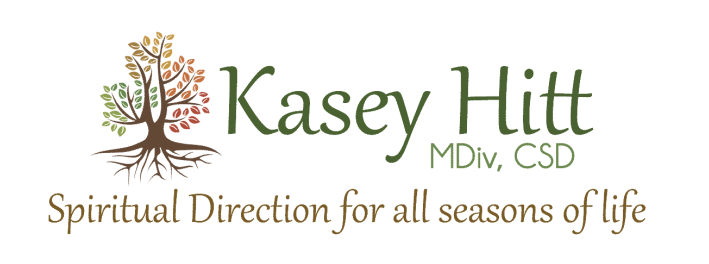
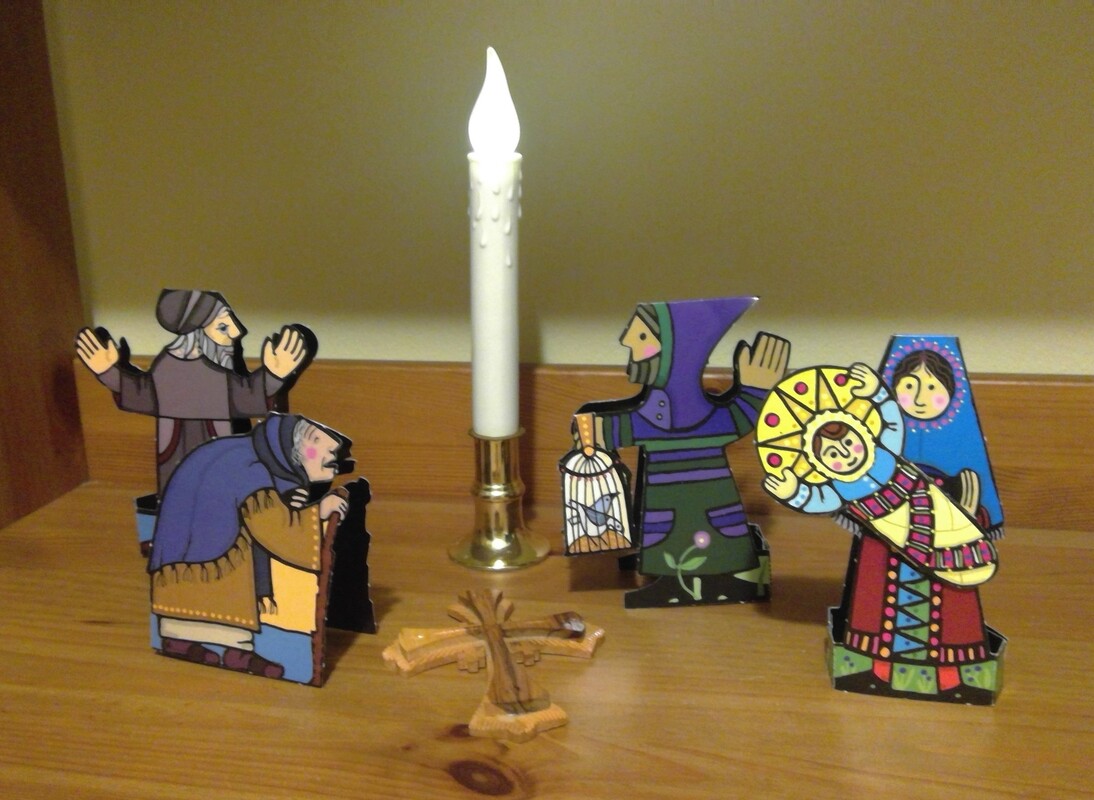

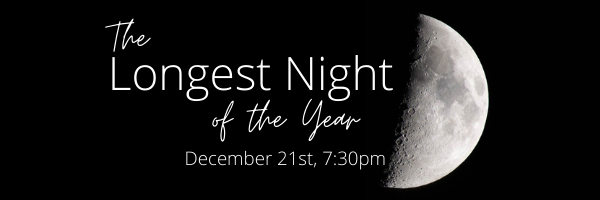
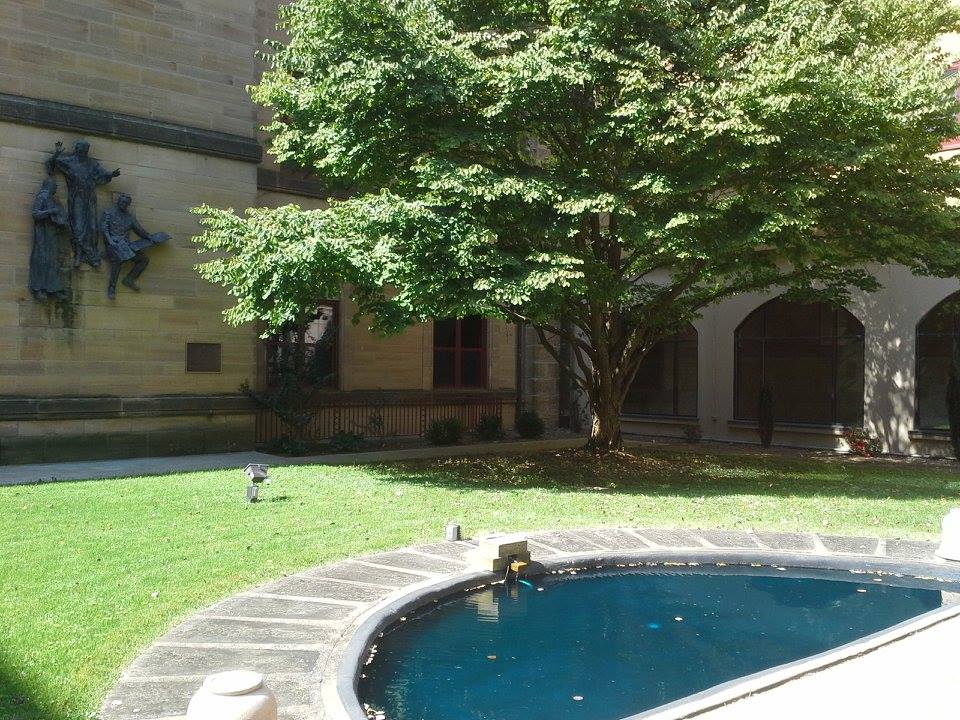
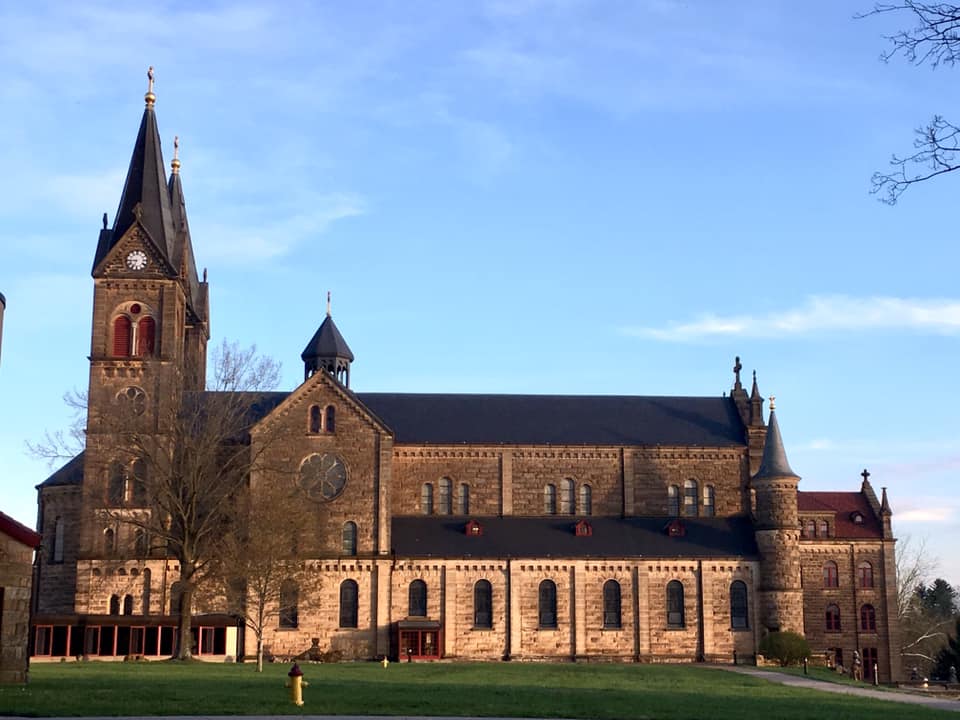
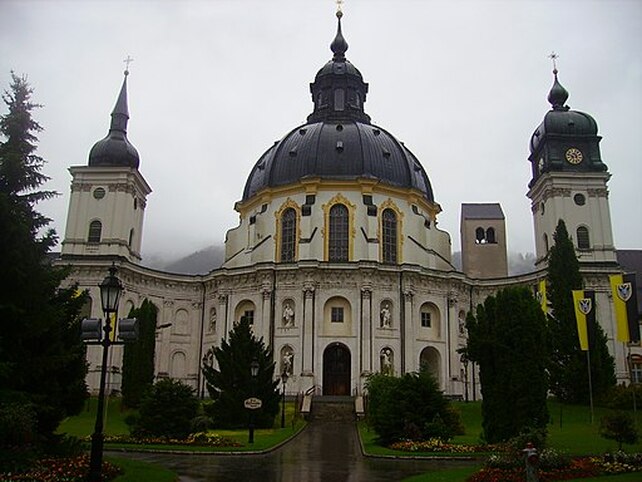
 RSS Feed
RSS Feed

